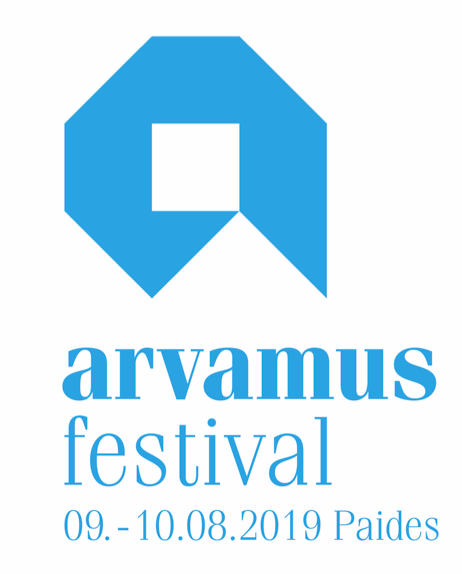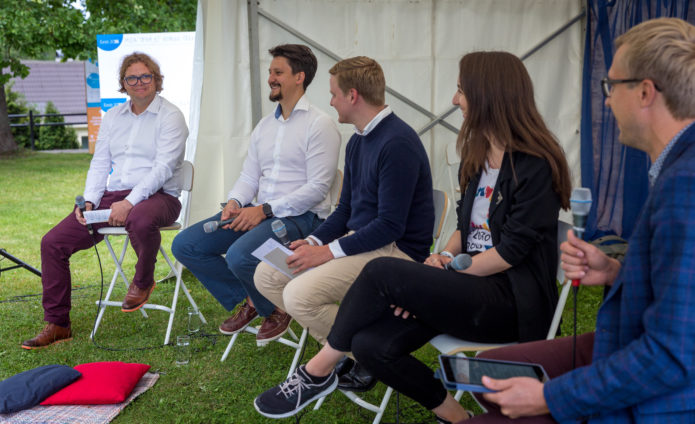By Helen Wright
The panel The Youth of Europe – is what we want, what we get? discussed the expectations and political realities of young Europeans. The topics discussed are some of the biggest faced by young people today.
Political Participation of Young Europeans
Kristen Aigro, Networks Coordinator at the Estonian Roundtable for Development Cooperation, believes that young people are being left behind when it comes to policy making. This is because there are fewer young people in society. She believes there voting age should be lowered. Gustaf Göthberg, member of the Swedish Moderate Party who joined a political party when he was 12, said that not everyone should follow what he did and that technology has given people more options. Adding that it is possible to change to society for the better “even if you don’t wear a suit”.
Klen Jäärats, Estonia’s Director for EU Affairs, said politics is becoming younger referencing France’s President Macron but said parties are a limiting factor, with an inflexible world view. He suggested that new civic platforms, such as social media, give people more choices and said that young people should be included because they have the best understanding of how technology is changing politics. Luukas Ilves, head of strategy at Guardtime, said there should be many different ways for young people to get into politics.
Liberal Values
Moderator Johannes Tralla said that a poll in Estonia has shown that young people in Estonia showed high support for right-wing party EKRE, which goes against the idea that young people are liberal and progressive. Gustaf Göthberg said that young people did not think in one particular way and should not be thought of as one big homogenous group. He said in Sweden being conservative is trend. Young people claim to be conservative but don’t advocate for conservative policies. Kristen Aigro said one reason for the increase in support for conservative parties is that “politics as usual is not what appeals to people, [they are] looking for an alternative”. Luukas Ilves said you can find both 25 year olds and 65 year olds who are unhappy and worried about the future in the countryside, which is where a large part of disaffected voters are found. Klen Jäärats said diversity is a core European value.
Climate Change
Should the EU reach climate neutrality by 2050? Klen Jäärats said people need to realise what this really means, and how it will affect everything from transport to what we eat. There could also be big opportunities for Estonia especially regarding technology. “Fundamentally it’s a questions about us because we humans are the problem,” he said.
Luukas Ilves said one of the questions for countries like Estonia is what can young people do outside of politics. The questions should not just be left up to politicians but what can companies or NGOs do? Gustaf Göthberg praised 16-year-old Swedish climate activist Greta Thunberg’s activism and making people discuss these issues, but said young people needed to get involved with policy making not just protests. Kristen Aigro said young people had no choice but to get involved and that Thunberg has voiced a lot of young people’s anger at politicians who are not acting quickly enough.
Technology
Discussing fake news and technology regulation, Gustaf Göthberg said there should be a European-wide solution to the regulation of technology platforms – such as Facebook – and the resulting legislation. Klen Jäärats agreed that there should be an EU-wide solution and that technology can be good and bad. Luukas Ilves said the approach we’ve taken so far should be evaluated as existing regulations are not working very well. Kristen Aigro working inclusivity with other countries is the way forward and the internet has helped that. Klen Jäärats said the gig-economy may have an effect on how people vote in elections.
The debate at the Estonian Opinion Festival was supported by European Commission Europe for Citizens programme and is part of the EU Solutions Lab project. Similar debates also take place in Latvia, Lithuania and Belgium democracy festivals.


